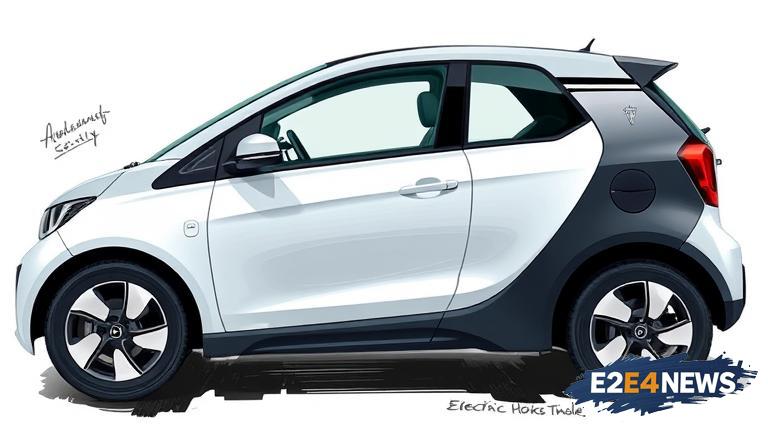The Indian government has announced a comprehensive plan to promote the adoption of electric vehicles (EVs) in the country. The plan includes a range of incentives and initiatives aimed at encouraging the use of EVs, reducing greenhouse gas emissions, and improving air quality. According to reports, the government plans to offer subsidies to EV manufacturers, as well as to consumers who purchase EVs. The subsidies are expected to be in the form of tax exemptions, reduced registration fees, and other benefits. Additionally, the government plans to invest in the development of EV charging infrastructure, including the installation of charging stations along highways and in urban areas. The plan also includes measures to promote the use of EVs in public transportation, such as buses and taxis. The government has set a target of having at least 30% of all new vehicles sold in India be electric by 2030. To achieve this goal, the government plans to work with state governments, industry stakeholders, and other organizations to create a supportive ecosystem for EVs. The plan also includes measures to promote research and development in the field of EVs, including the establishment of a national EV testing and certification facility. Furthermore, the government plans to provide training and support to workers in the automotive industry to help them adapt to the transition to EVs. The plan is expected to have a significant impact on the environment, as EVs produce zero tailpipe emissions and can help reduce air pollution in urban areas. The government has also announced plans to promote the use of renewable energy sources, such as solar and wind power, to charge EVs. This will help reduce the carbon footprint of EVs and make them an even more attractive option for consumers. The plan has been welcomed by industry stakeholders, who see it as a major opportunity for growth and development. However, some experts have raised concerns about the challenges of implementing the plan, including the need for significant investment in infrastructure and the potential for disruption to the existing automotive industry. Despite these challenges, the government is confident that the plan will be successful and will help India become a leader in the global EV market. The plan is also expected to have a positive impact on the economy, as it will create new jobs and stimulate investment in the EV sector. In addition, the plan will help reduce India’s dependence on fossil fuels and improve the country’s energy security. The government has announced that it will work with international partners to learn from their experiences and best practices in promoting EVs. The plan is a major step forward for India’s EV sector and is expected to have a significant impact on the country’s transportation landscape. The government has also announced plans to promote the use of EVs in rural areas, where they can help improve access to transportation and reduce emissions. Overall, the plan is a comprehensive and ambitious effort to promote the adoption of EVs in India and is expected to have a major impact on the country’s environment, economy, and transportation sector.
